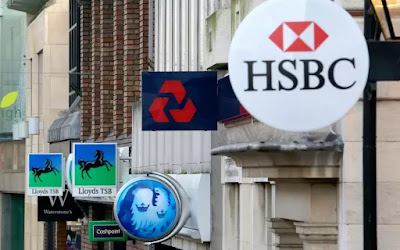Public Finance Initiatives: The Power of Privatisation

Today’s post acts as a sequel to a previous post here in Financial Regulation Matters that was concerned with ‘Public Finance Initiatives’, or PFIs for short. In that first post, the PFIs were established as a good idea captured by private greed, ultimately posing a great threat to society at a time where greed can have generational consequences over and above that caused by the Financial Crisis. The focus of the post was on the cross-party support for these initiatives, with their output being vastly overvalued and the tab being taken on the by the citizens of the U.K. However, in this post, we will look at the PFI issue from within the confines of tax, or more precisely the lack of it, that is derived from these initiatives. However, there is something important that needs to be declared before the post continues, and that is that this post does not aim to fall in line with a certain political party’s denouncement of all things private i.e. the current incarnation of the Labour








